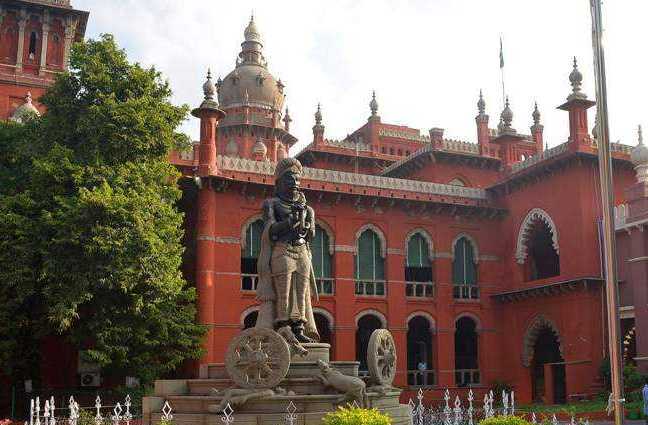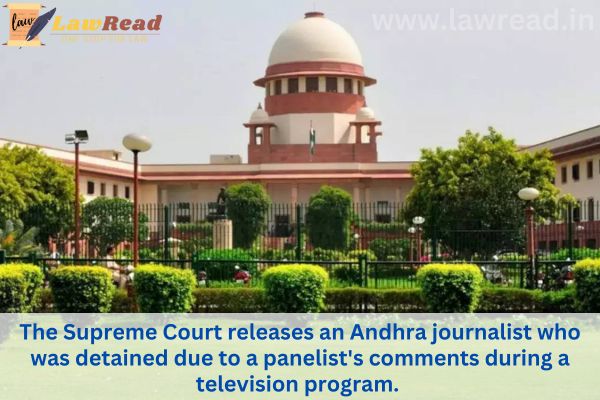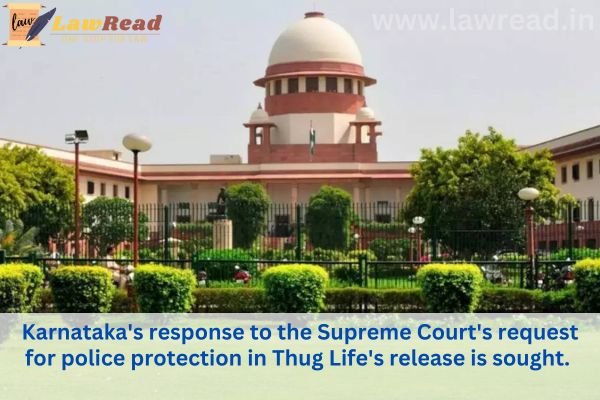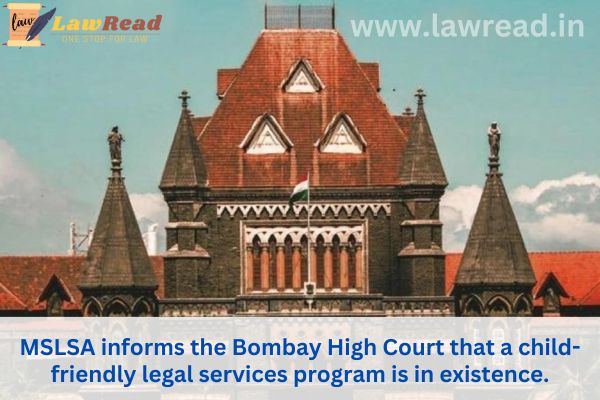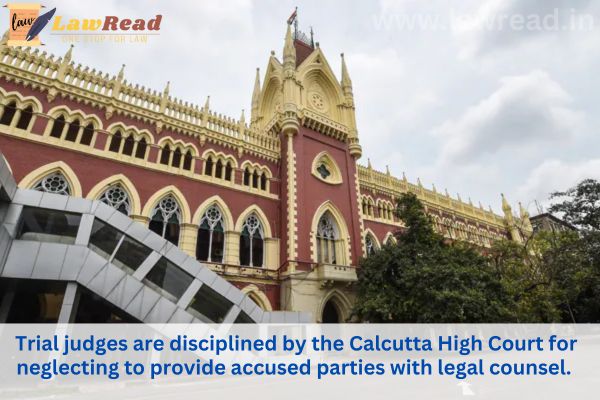News
The Bombay High Court upholds the conviction in a murder case, noting that witnesses' injuries are an inherent guarantee of their presence at the crime scene.
The Special Court's verdict, which found the Appellants guilty of crimes covered by Sections 302, 307, 326, 120-B, and 34 of the IPC, was upheld by the Bombay High Court.
.jpg)
The Bombay High Court maintained the appellants' conviction in a murder case, stating that a witness's injuries is an inherent assurance that they were there at the crime scene.
The Special Court's ruling, which found the Appellants guilty of offenses covered by Sections 302, 307, 326, 120-B, and 34 of the Indian Penal Code and Section 27 of the Indian Arms Act, 1959, was maintained by the Court.
"The law on the point regarding the value attached to the testimony of an injured witness is settled," ruled a Division Bench consisting of Justices Revati Mohite Dere and Neela Gokhale. In the law, such testimony is given a unique status. This is because harming a witness is an inherent guarantee that he will be present at the crime site, and a witness will not want to allow his real attacker to escape punishment just merely falsely accusing someone else of doing the crime.
Additional Public Prosecutor PP Shinde represented the Respondents, and Advocate Nitin Sejpal represented the Appellants.
Few Facts
According to the prosecution, the First Informant was hurt in the chest by an attacker who came up and discharged a handgun. The victims were killed when three more people joined the initial attacker and began shooting at them. Additionally, a woman who was walking by was shot.
The prosecution's evidence, especially the testimony of the injured eyewitness, was the main emphasis of the High Court's ruling.
The Court's Justification
The High Court cited the ruling in Abdul Sayed v. State of Madhya Pradesh (2010), in which the Supreme Court upheld the idea that "the testimony of an eye witness should be viewed from broad angles" when debating the weight to be given to the testimony of an eye witness who had been harmed. Cogent standards, rather than golden scales, should be used to weigh it. The testimony cannot be questioned as being phony based solely on the fact that an eyewitness recounts the event in the exact same order that it occurred in his memory.
According to Section 293 of the Cr.P.C., any document that appears to be a report written by a government scientific expert to whom this Section applies may be used as evidence in any investigation, trial, or other proceeding under the Code, the Bench noted, "after any matter or thing has been duly submitted to him for examination or analysis and report in the course of any proceeding under this Code."
The Court ruled that the testimony of four eyewitnesses is crucial to the current case. It is a well-established legal position that a conviction can be based on the testimony of a single eyewitness, and there is no rule of law or evidence that states otherwise, provided that the witness passes the reliability test. This is true even though the prosecution has fairly succeeded in proving the appellants' guilt beyond a reasonable doubt based on the recovery of the weapon, the testimony of the investigating officer, the panchas, and the medical doctor.
Only when the court determines that the eyewitness is completely untrustworthy is his testimony completely disregarded, and no amount of confirmation can make up for that flaw. There are four eyewitnesses in this case. "The other three eyewitnesses give confidence, even if the testimony of PW/7, who lost consciousness after being shot, is disregarded," the Bench said.
As a result, the Court issued the following ruling: "Given the explanation above, we conclude that the judgment and order in question is a well-reasoned and legally sound decision. When considered comprehensively, the available evidence proves the appellants' guilt beyond a reasonable doubt. The trial court's findings about the validity of eyewitness accounts, supporting documentation, etc., are strong and don't call for any intervention . Given the above mentioned factors, the current appeal is denied and is thus dismissed.
The Appellants' conviction and the punishment they received for the aforementioned offenses are upheld.
The High Court rejected the appeal as a result.
Title of Cause: The State of Maharashtra v. Mohd. Ali Jaan Mohd Shaikh & Anr. v. Anr. Dhayal (Neutral Citation: 2025:BHC-AS:17018-DB)
Look:
Appellants: Attorneys Akshata Desai and Nitin Sejpal
Respondents: SPP Pradip D. Gharat and APP P.P. Shinde
To read or download the Judgment, click this link.

